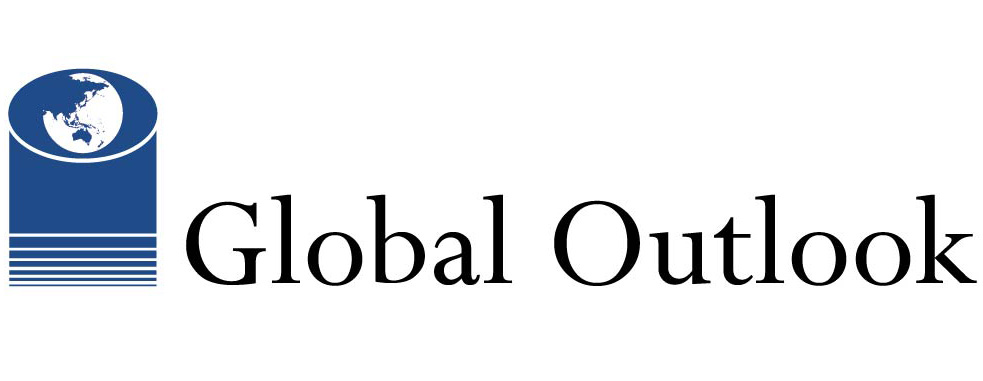
Curated expert opinion on intractable contemporary issues
Global Outlook Articles by Chung-in Moon
Chung-in Moon is the co-convener of Asia-Pacific Leadership Network for Nuclear Non-proliferation and Disarmament, and the Chairman of the Sejong Institute in South Korea.
He previously served as the Special Advisor to the ROK President for Unification, Foreign and Security Affairs. As Distinguished University Professor of Yonsei University, he is currently the Editor-in-Chief of Global Asia, and Krause Distinguished Fellow, School of Global Policy and Strategy, UCSD. He is a member of the Toda International Research Advisory Council.
Today’s Diverging Paths of Human Virtue, Hegemony and Tyranny
By Chung-in Moon | 13 February, 2026
We’re living in chaotic times. The old order is dying, but the new order has yet to take shape.
North Korea Searches for a Path Out of International Isolation
By Chung-in Moon | 16 January, 2026
North Korea enters 2026 with domestic stability intact but facing a complex external environment. Inter-Korean relations remain frozen under Pyongyang’s ‘hostile two states’ policy, even as restraint reduces the risk of major escalation
A Rash Deal on Tariffs Could Hurt US-Korea Ties in the Long Run
By Chung-in Moon | 28 April, 2025
Ideally, the Korean negotiators will be modest in their ambitions and leave the lion’s share of the negotiations for the next administration to handle.
Korea Will Soon Face a Security Dilemma Like Europe’s
By Chung-in Moon | 03 March, 2025
There are concerns that Europe could be left on the sidelines if Trump forges a strategic partnership with Russia to help the US manage its rivalry with China. Korea will soon confront the same security dilemma Europe currently faces
America’s Three Schools of Thought on Korea’s Political Situation
By Chung-in Moon | 22 January, 2025
If the Cold War anti-communists get in Trump’s ear, it could mean crisis for the alliance.
Trump 2.0: Curse or Blessing?
By Chung-in Moon | 08 January, 2025
The advent of Trump 2.0 signals bad omens for South Korea’s national security and economy. Trump-phobia is widespread in South Korea.
The views and opinions expressed in Global Outlook are those of the authors and do not necessarily reflect the official policy or position of Toda Peace Institute.





